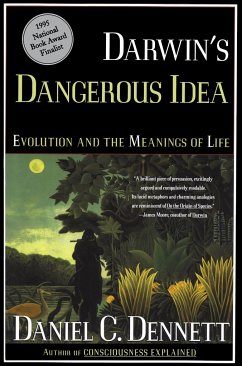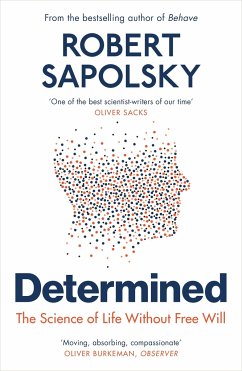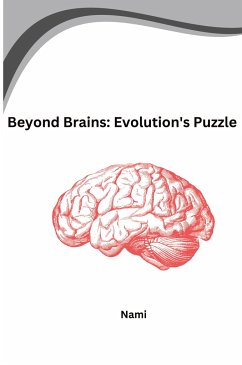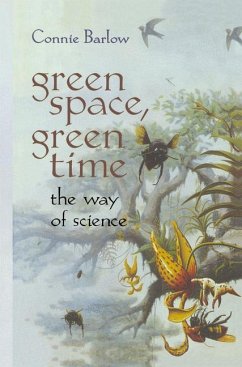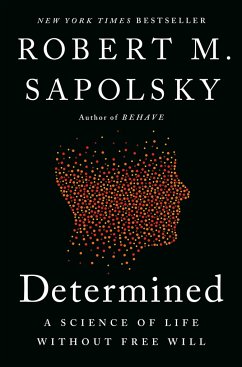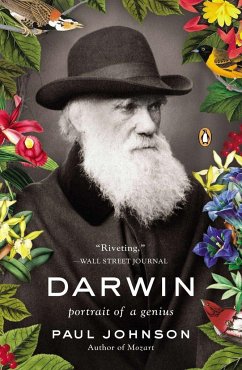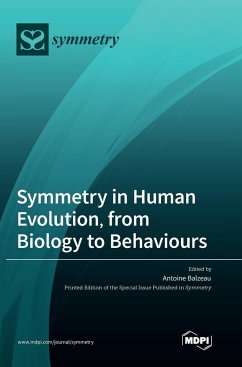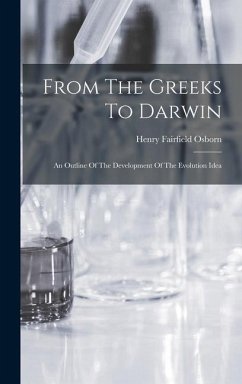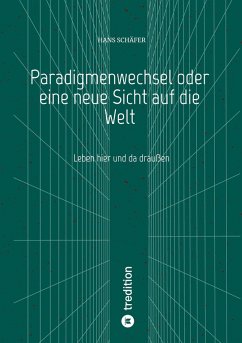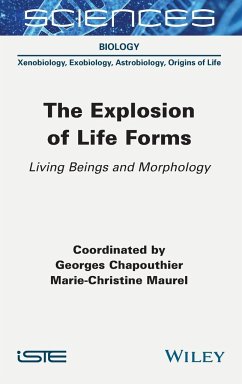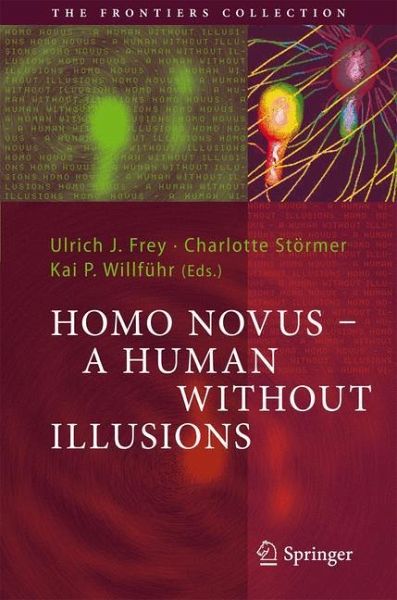
Homo Novus - A Human Without Illusions

PAYBACK Punkte
19 °P sammeln!
Converging evidence from disciplines including sociobiology, evolutionary psychology and human biology forces us to adopt a new idea of what it means to be a human. As cherished concepts such as free will, naïve realism, humans as creation's crowning glory fall and our moral roots in ape group dynamics become clearer, we have to take leave of many concepts that have been central to defining our humanness. What emerges is a new human, the homo novus, a human being without illusions.Leading authors from many different fields explore these issues by addressing a range of illusions and providing ...
Converging evidence from disciplines including sociobiology, evolutionary psychology and human biology forces us to adopt a new idea of what it means to be a human. As cherished concepts such as free will, naïve realism, humans as creation's crowning glory fall and our moral roots in ape group dynamics become clearer, we have to take leave of many concepts that have been central to defining our humanness. What emerges is a new human, the homo novus, a human being without illusions.Leading authors from many different fields explore these issues by addressing a range of illusions and providing evidence for the need, despite considerable reluctance, to relinquish some of our most cherished ideas about ourselves.





